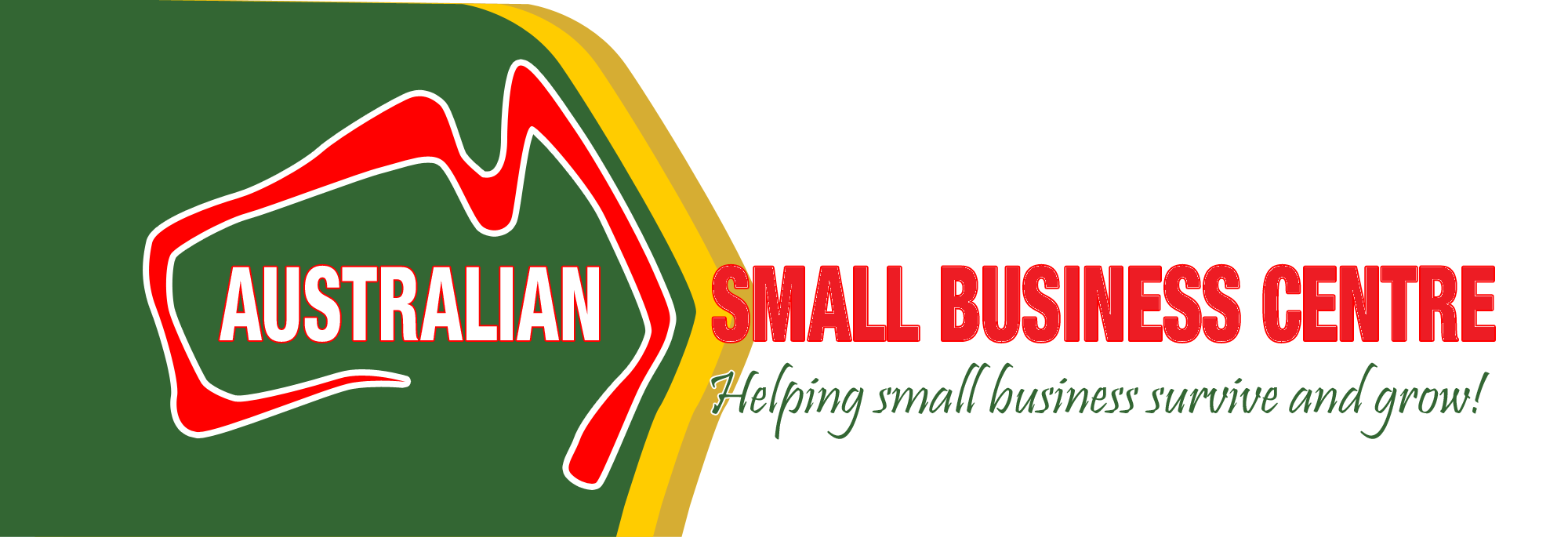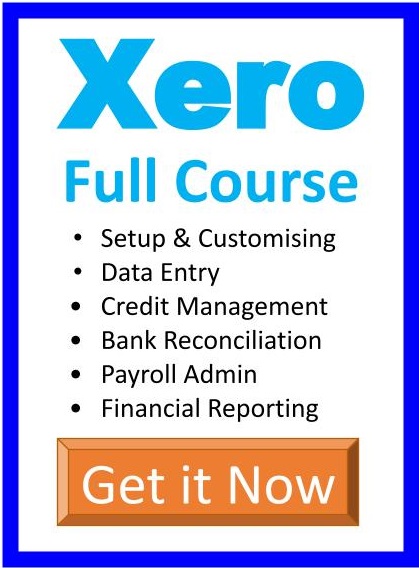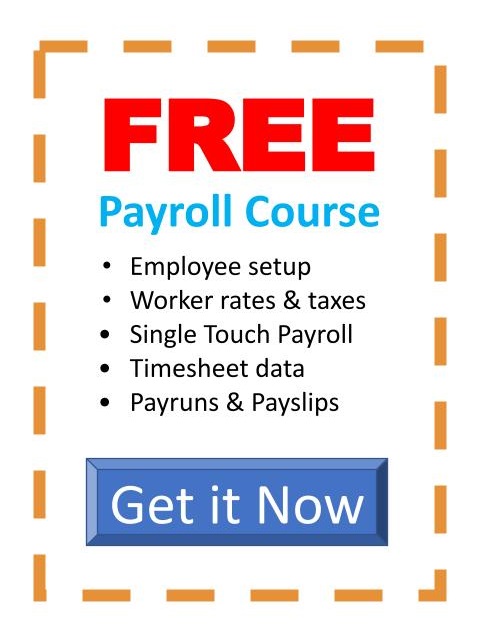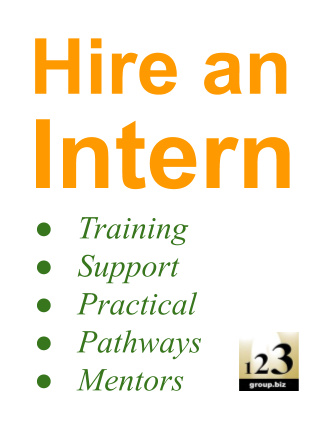In our previous post we talked to Alice Totonjian, the owner of Alice in Paperland, a Sydney-based paper-craft factory outlet, who shared her marketing success story with us, which highlighted that a key component to successfully marketing your business is selecting the right advertising medium. (And it’s not about using the most technologically advanced one, either. In Alice’s case, Google Adwords served little purpose for her roadtrips, for instance.) Selecting the right advertising medium is something you’ll also learn in the Marketing Action Plan module of our Small Business Management course.
Who are Your Customers and How Do They Find You?
Before you select the right advertising medium, however, it’s essential that you know who your customers are and what they are doing. In Alice’s case, her customers were primarily retirees who had little or no access to the internet.
And it wasn’t until Alice discovered who her customers were that she could understand why her previous Google Adwords campaign had been unsuccessful. That being said, Alice still invests heavily in her online presence, because retirees in regional areas of Australia are only one section of her market.
The Careful Selection of Keywords
For Alice, the online market for paper craft products is so great that she also sells her products direct to customers on her website. In order to keep her website ranking well in Google, Alice has been selective when it comes to the keywords she uses in her SEO.
“I used to use the word ‘papercraft’ as one word,” Alice told us at our breakfast networking meet-up recently. “But when I separated the words into ‘paper’ and ‘craft’ our Google ranking improved markedly.”
Besides using the correct keywords to generate the best results, it’s also important to remember that people are often using Google to ask questions, so the keywords or key phrases you use in your SEO should answer those questions.
“We know people are looking up ‘places to learn MYOB’,” says Steve Slisar, CEO of online training course provider, EzyLearn. “So we make sure we answer those questions with key phrases like, ‘online MYOB training courses’.”
Selecting the correct keywords for your business is only half the battle won, however. “You also need to make sure the respective landing pages on your website are answering those questions, too,” Steve says. If the information on your landing page is incongruous with the keywords people are searching, they’re likely to “bounce” out of your website.
“Ideally, you want people to stay on your landing pages longer than 30 seconds,” says Steve. “Less than 30 seconds, and Google considers that a ‘bounce’.”
The key to keeping visitors on your website lies in creating content that is informative, engaging and relevant. If you can’t tick all of those boxes, your website isn’t going to deliver your business any new leads or customers.
“A website is just another form of marketing,” Steve says. In your approach to developing a website or creating content for your website — including the selection of keywords and landing pages — you should have a clear set of goals and make sure you’re answering the questions your customers are punching into Google.
***
It’s important to remember that with any marketing activity you undertake for your business (and that includes developing your website), you can’t target everyone at once. Instead, you should concentrate on certain demographics within your target market that comprise the bulk of your business, and market your products to them.




















